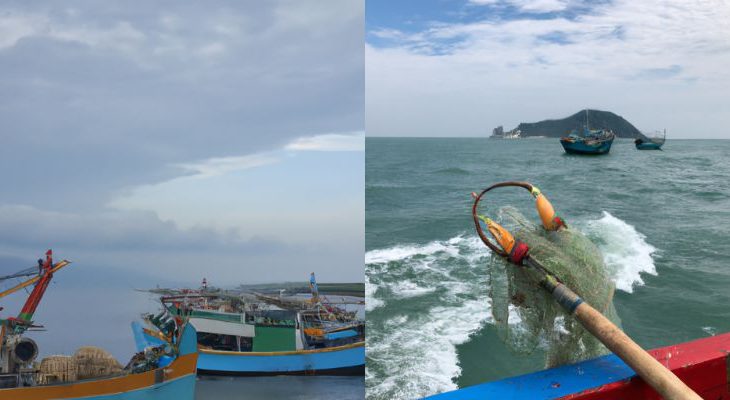Fishing is more than just a hobby, it’s a way of life for many people around the world. From the icy waters of Alaska to the warm tropical seas of the South Pacific, fishing has been a vital part of human existence for thousands of years.
We take a deep dive into the rich and diverse fishing cultures around the world, exploring the traditions, techniques, and experiences that make this activity so special.
The Rich History of Fishing
Fishing has played a significant role in the history and development of many civilizations around the world. From the ancient Egyptians, who used nets and harpoons to catch fish in the Nile River, to the indigenous tribes of Alaska, who have been fishing for salmon for over 5,000 years, fishing has been a source of food, income, and cultural identity for people across the globe.
In many cultures, fishing is not just about catching fish but about connecting with nature and the surrounding environment. For example, the Japanese practice of “Tenkara” fishing emphasizes a minimalist approach, using only a rod, line, and fly, to create a deep connection between the angler, the fish, and the natural world.
Techniques and Traditions
Fishing techniques and traditions vary greatly from region to region, with each culture bringing its unique perspective and practices to the table. In the Philippines, “bangus” or milkfish farming is a popular industry, and local fishermen have developed a technique of capturing fingerlings with fine nets in the wild and then transferring them to fishponds where they can grow and be sold.
In Norway, salmon fishing has been a cultural tradition for over a thousand years. The country’s fjords and rivers provide a pristine habitat for salmon, and the fishing industry has been carefully regulated to ensure the sustainability of the resource. As a result, Norway is now one of the world’s largest exporters of farmed and wild salmon.
In many parts of the world, fishing is deeply intertwined with the culture and daily life of local communities. In the Maldives, for example, the traditional “dhoni” fishing boat has been used for centuries to catch tuna, and the industry employs thousands of people on the islands. The fish are typically dried and smoked, and the process has become an essential part of the local cuisine.
The Joys of Fishing
Fishing can provide a unique and immersive experience for people of all ages and backgrounds. It offers an opportunity to disconnect from the stresses of daily life and connect with nature.
Whether fishing in a remote mountain stream or on a sunny beach, the peaceful sounds of the water and the thrill of the catch can create a sense of tranquility and accomplishment that is hard to replicate elsewhere.
Fishing is also a social activity, providing opportunities for friends and family to bond and create lasting memories. In many cultures, fishing trips are a popular way to spend time together, sharing stories and experiences while enjoying the great outdoors.
Conclusion
Fishing is much more than a pastime. It’s a way of life for millions of people around the world, and the diversity and richness of fishing cultures across the globe are a testament to its enduring appeal.
By exploring the history, techniques, and experiences of fishing around the world, we can gain a deeper understanding and appreciation of this beloved activity.





